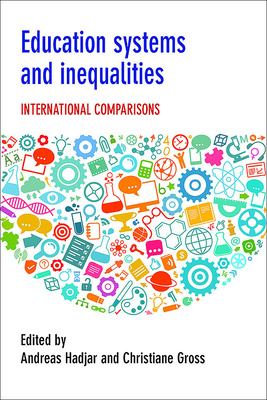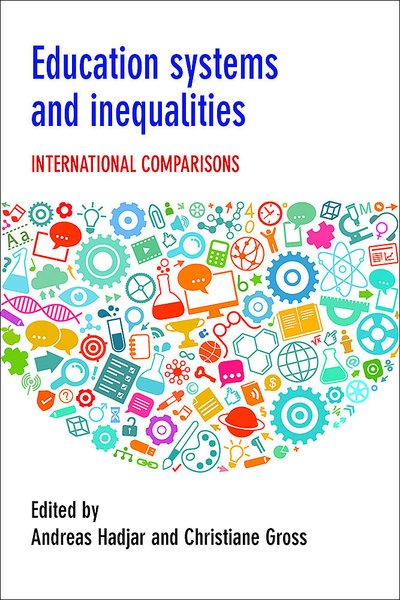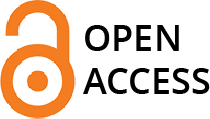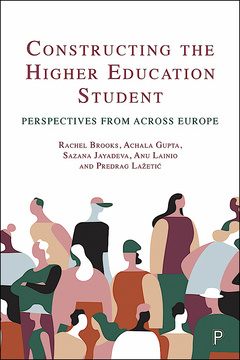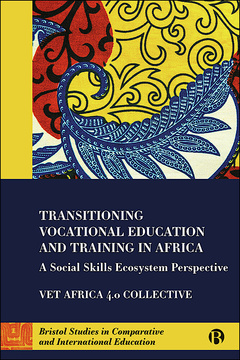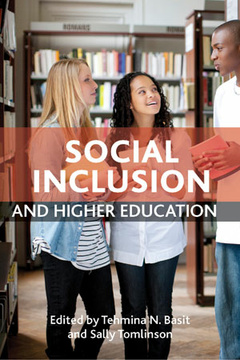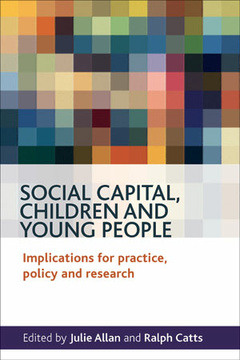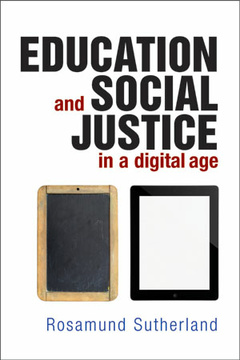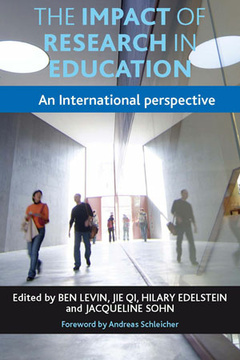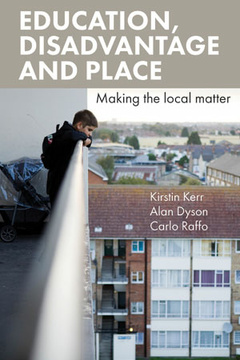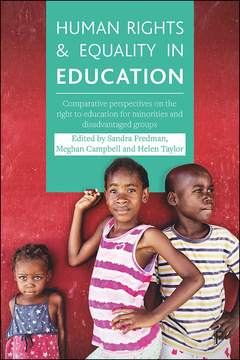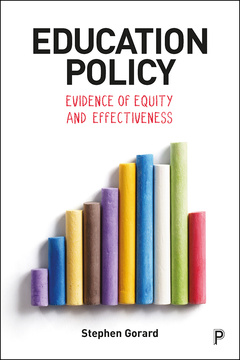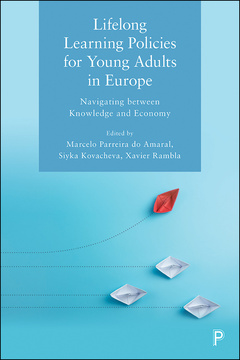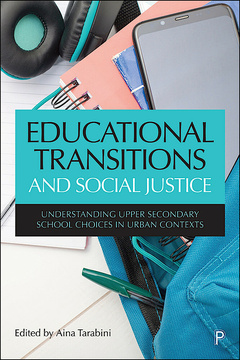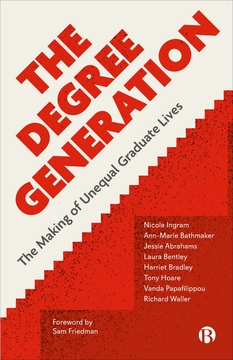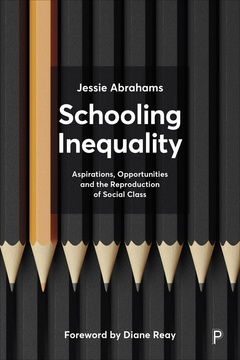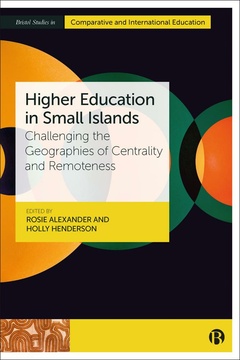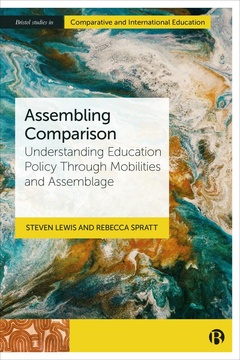Education Systems and Inequalities
International comparisons
Edited by Andreas Hadjar and Christiane Gross
Published
Jun 8, 2016Page count
368 pagesISBN
978-1447326106Dimensions
234 x 156 mmImprint
Policy PressPublished
Jun 8, 2016Page count
368 pagesISBN
978-1447335139Imprint
Policy PressPublished
Jun 8, 2016Page count
368 pagesISBN
978-1447335146Imprint
Policy PressPublished
Jun 8, 2016Page count
368 pagesISBN
978-1447326113Imprint
Policy PressEPUB and EPDF available Open Access under CC-BY-NC-ND licence. How do education systems shape educational inequalities and differences in educational outcomes? And how do advantages and disadvantages in educational attainment translate into privileges and shortcomings in labour market and general life chances? Education systems and inequalities compares different education systems and their impact on creating and sustaining social inequalities.
The book considers key questions such as how education systems impact educational inequalities along such variables as social origin, gender, ethnicity, migration background or ability and what social mechanisms are behind the links between education system and educational inequalities and provides vital evidence to inform debates in policy and reform.
"A standout volume for critical discussion of education systems and inequalities that helps move the debate decisively from outlining a general problem to refined analysis, highlighting what needs to be done where." Elaine Unterhalter, UCL Institute of Education
Andreas Hadjar is a full professor of Sociology of Education in the Institute of Education and Society at the University of Luxembourg.
Christiane Gross is a senior researcher in the Institute of Sociology at the University of Hanover, Germany.
Introduction: Education systems and educational inequalities ~ Andreas Hadjar and Christiane Gross;
Theorising the impact of education systems on educational inequalities ~ Christiane gross, Heinz-Dieter Meyer and Andreas Hadjar;
Comparing policies in a globalising world: methodological reflections ~ Susan Robertson and Roger Dale;
Education systems and intersectionality ~ Christiane Gross, Anja Gottburgsen and Ann Phoenix;
Measuring educational institutional diversity: External differentiation, vocational orientation and standardisation ~ Thijs Bol and Herman G. Van De Werfhorst;
Sorting and (much) more: Prior ability, school-effects and the impact of ability tracking on educational inequalities in achievement ~ Hartmut Esser;
Data analysis techniques to model the effects of education systems on educational inequalities ~ Christiane Gross;
Education systems and inequality based on social origins: The impact of school expansion and design~ Gabriele Ballarino, Fabrizio Bernardi and Nazareno Panichella;
Education systems and gender inequalities in educational attainment ~ Andreas Hadjar and Claudia Buchmann;
Tracking, schools’ entrance requirements and the educational performance of migrant students ~ Jaap Dronkers and Roxanne A. Korthals;
From exclusion and segregation to inclusion? Dis/ability and inequalities in the education systems of Germany and Nigeria ~ Julia Biermann and Justin J.W. Powell;
Education systems and meritocracy: Social origin, educational and status attainment ~ Andreas Hadjar and Rolf Becker;
Education systems and gender inequalities in educational returns ~ Concetta Mendolicchio;
Education systems and migrant-specific labour market returns ~ Irena Kogan;
Health returns to education and educational systems ~ Johann Carstensen and Monika Jungbauer-Gans;
Good and bad education systems: Is there an ideal one? ~ Jutta Allmendinger;
Conclusions and summary ~ Christiane Gross and Andreas Hadjar.







